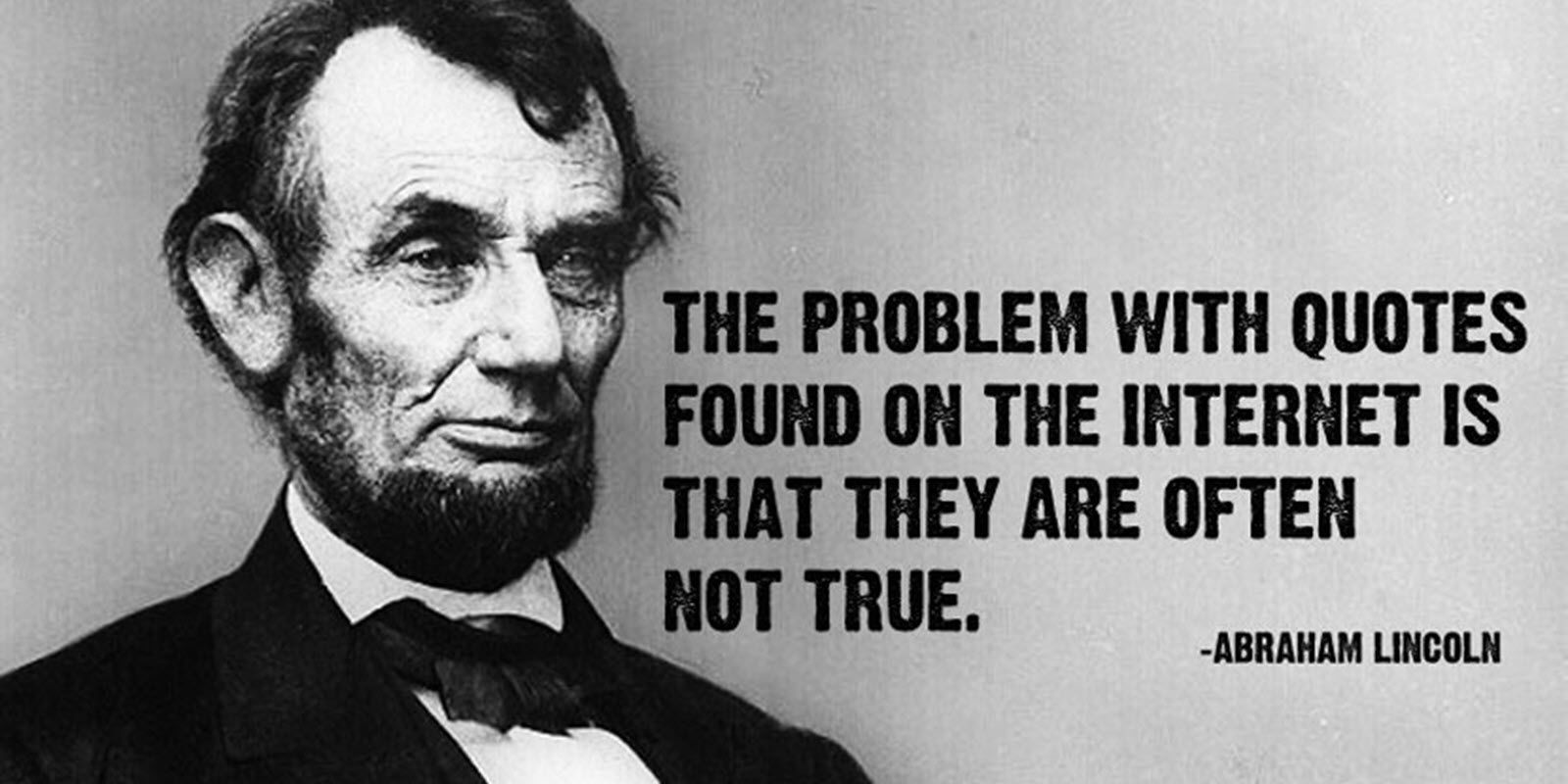500 reads
Stop Using Fake Quotations You Found on the Internet
by
September 9th, 2020
Writer/producer-gaming, tech, web culture, fintech, crypto, & nerd lore #benzinga #hackernoon #roxomtv #btc #depin #rwas #AI
About Author
Writer/producer-gaming, tech, web culture, fintech, crypto, & nerd lore #benzinga #hackernoon #roxomtv #btc #depin #rwas #AI
